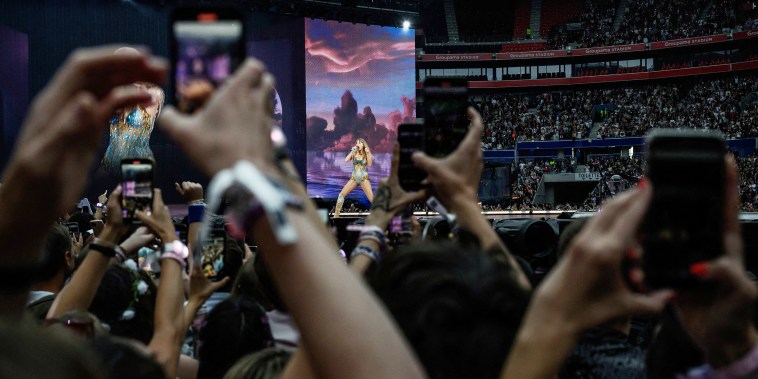The Cultural Impact of the Funflation Effect on Consumer Spending
The Funflation Effect, a term coined to describe the phenomenon of increased spending on travel and entertainment, has significantly shaped consumer behavior in America. This trend reflects not just a surge in discretionary spending but a shift in priorities towards experiences over material possessions. The rise of the Funflation Effect can be attributed to various underlying factors, including changing societal values, economic conditions, and technological advancements.
One key factor contributing to the Funflation Effect is the changing landscape of consumer values and preferences. In a society that is increasingly driven by social media and digital connectivity, experiences have become a valuable form of social currency. People are more inclined to invest in experiences that can be shared online, from exotic travel destinations to immersive entertainment events. The desire for unique experiences and memorable moments has fueled the growth of industries catering to travel and entertainment.
Furthermore, the current economic conditions have played a role in driving the Funflation Effect. As the economy has experienced periods of growth and stability, consumers have felt more financially secure and willing to indulge in leisure activities. Low unemployment rates and rising disposable incomes have provided individuals with the means to spend on non-essential goods and services, such as travel packages and concert tickets. This increased financial stability has fueled the demand for experiential purchases, leading to a flourishing travel and entertainment industry.
Moreover, technological advancements have revolutionized the way people access and experience entertainment. The proliferation of streaming services, virtual reality, and mobile applications has made entertainment more accessible and personalized. With a vast array of entertainment options available at their fingertips, consumers are more inclined to explore new forms of entertainment experiences. This trend has led to the rise of experiential entertainment venues, such as interactive museums, immersive theater productions, and escape rooms, that offer unique and engaging experiences beyond traditional forms of leisure.
In conclusion, the Funflation Effect has had a profound impact on consumer spending habits in America, reflecting a broader cultural shift towards valuing experiences over material possessions. By understanding the underlying factors driving this trend, businesses in the travel and entertainment industries can better tailor their offerings to meet the evolving needs and preferences of consumers. As the demand for unique and immersive experiences continues to grow, companies that innovate and adapt to these changing consumer behaviors will be well-positioned to capitalize on the opportunities presented by the Funflation Effect.
